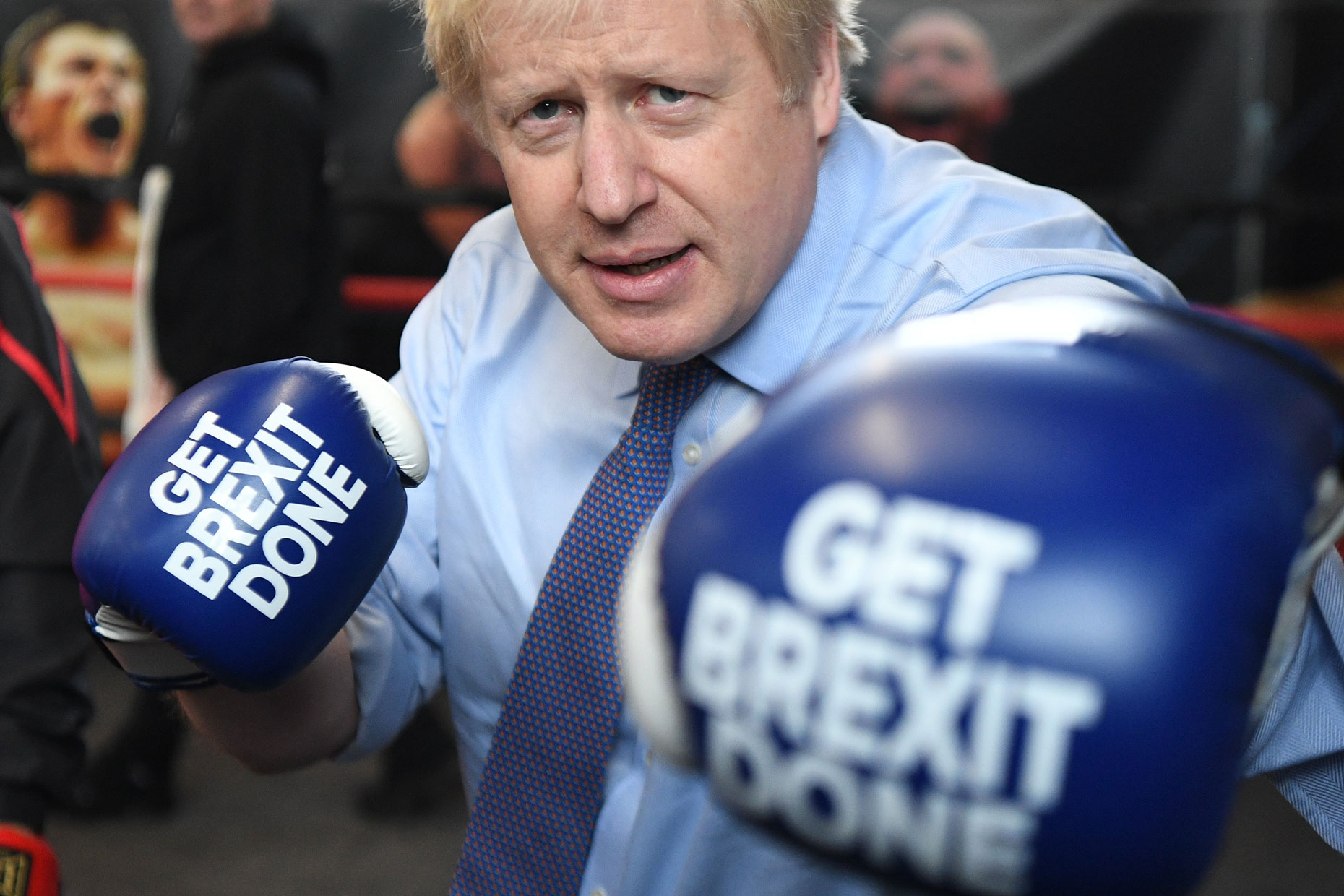Last week the UK government caused a stir by suggesting that a solution to the impasse created by the failing Brexit deal talks could be resolved by the simple expedient of breaking international law.
Nothing like a revolutionary idea to get the press into a lather. Good old plucky Britain would stand up to Johnny Foreigner again by simply reneging on the Brexit Withdrawal Agreement.
Not surprisingly this led to a tirade of outrage among not only the media and opposition benches but also significant noise from those on the Tory side. This is going to run on this week without any shadow of a doubt.
But hold on a moment, is there not some sense in this? If we can’t get a deal on our terms, why should we recognise international law that our government and the Brexit community tell us is detrimental to our national interests.
Why should the UK be dictated to by ‘foreign’ laws? Isn’t that what we voted against in the first place?
So, let’s think again before we knock the idea, maybe it is a solution after all.
While we are about it, we can perhaps look at how the solution of breaking international law might apply in dealing with some of the other knotty problems we face in the world. Maybe the architects of breaching international law have inadvertently come up with a solution after all.
Take Scottish independence for instance. Nicola Sturgeon, the Scottish First Minister, has demanded another referendum on the topic ‘soon’. The UK government have said they will not allow one, yet another impasse. But there is an ‘oven-ready’ solution thanks to the wise musings of our government, or more likely its advisors.
In 1707 the Parliaments of Scotland and England agreed on what became an Act of Union creating the United Kingdom. Since at the time of union Scotland was an independent state, this can only be an international treaty, underpinned as it would be by international law. So, here is the solution to the impasse. Scotland can unilaterally rewrite the Act of Union and declare itself independent. According to ministers in the UK government, this is perfectly sound.
It is a fundamental principle of British constitutional law that no parliament can bind its successors. Scotland does not need to be bound by legislation that is 213 years old. After all, British ministers are saying that the withdrawal agreement is out of date and needs rewriting after only one year, not over 200. The UK Northern Ireland Secretary Brandon Lewis reassures us that although we would in fact be breaking international law, it would only be in a “limited and specific” way, so that’s alright then.
A unilateral declaration of independence by Scotland would also be ‘limited’ to Scottish self-rule and ‘specific’ to Scotland, Nicola Sturgeon is not demanding she gets Wales too. No problem there then, and it would save all that time and effort in actually having a vote on it too.
Then of course there is Gibraltar. Spain has for as long as memory stretches back claimed that the Rock is Spanish sovereign territory. Acrimonious arguments still plague UK-Spanish international relations today and look like continuing for ever. Perhaps Spain too could use the new argument, so carefully constructed by our government and its ever so wise advisors.
Gibraltar was ceded to the then newly constituted United Kingdom by the Treaty of Utrecht in 1713 following the War of Spanish Succession. The Rock had been captured by English and Dutch marines during that war and the UK got to keep it. So, it is legally held by Britain under, you got it, international law. Time to apply the new oven-ready, limited and specific remedy. Spain just rewrites the Treaty of Utrecht; it too is over 200 years old and like the Brexit Withdrawal Agreement presumably out of date and in need of that rewrite.
In 1997 Britain handed back part of its old empire to China, being bound by international law to do so. Unlike Gibraltar, Hong Kong was not held in perpetuity by international treaty and this was at a time when the UK had a reputation for upholding international law. By international treaty the terms of the handover required China to recognise the different system of society and government that had grown in Hong Kong during British rule and not impose its own brand of autocracy and oppression there. Sadly, we have seen over the last couple of years that China, no respecter of international law, has breached that undertaking repeatedly.
But can we complain? Not according to the principles that determine the Internal Markets Act. China is rewriting an out of date agreement in a specific and limited fashion and they can also say they are doing it in their national interest, a concept dear to the hearts of all Brexiteers. Breaches of international law are, as we can see here, no laughing matter.
We could go on interminably because Britain is not only a signatory to thousands of international laws, it promulgated and founded so very many of them. That we would now advocate the rewriting of those that are inconvenient to current political expediency is not simply shocking, it is profoundly sad.
One last point though. In 1983 the Argentinian dictator General Galtieri and his Junta ordered the invasion of the Falkland Islands in a clear breach of international law. This to a large extent was also done for immediate political expediency since opposition to him was growing at home. We all know the history. The UK, then still a stalwart supporter of international law, sent a task force and kicked them out, resulting in not only the re-establishment of British rule of the islands, recognised by international law, but of the downfall of Galtieri’s murderous rule at home in Argentina.
It is a sobering thought that the Argentine invasion of the Falklands was also a limited and specific act designed to rewrite an out of date treaty.
The next time Boris plans cooking up his oven-ready bird he should remember that what’s sauce for the goose is sauce for the gander.







